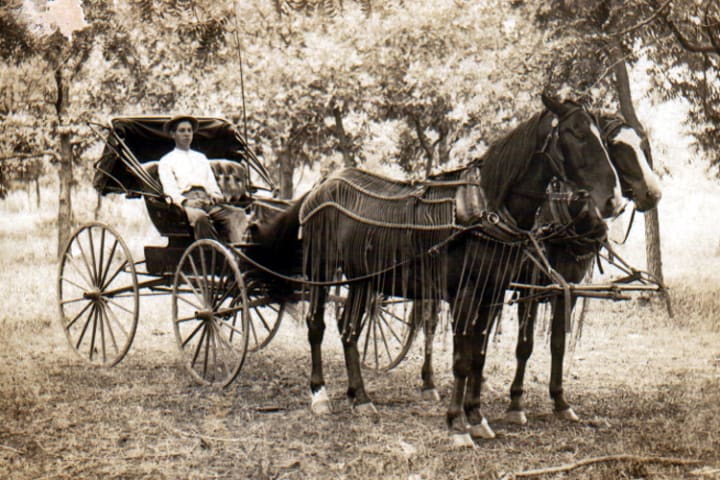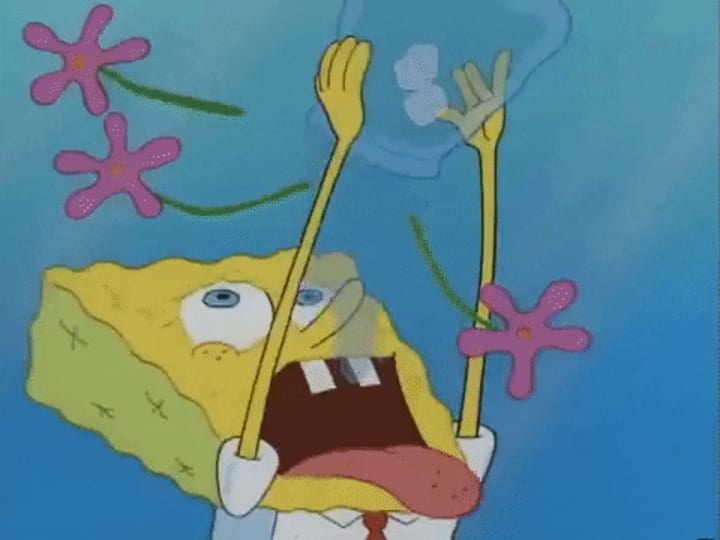
After watching shows about the way life used to be in the west (Big Valley and Dr. Quinn if you’re interested), I noticed how care-free most people seemed, sometimes for better, sometimes for worse. Obviously, anyone would envy not having to worry about taxes or car insurance yet, but there were so many things that, if they had thought about it, would have been helpful! Depending on the location, culture, and time period, people regularly included or excluded things that hurt their health, social advancement, or access to resources. A commonly-known example is leeches being used to suck infected blood out of a sick patient. I propose that these issues are related to unasked questions.

The most obvious category is health. People were in the dark for so long regarding what made them ill or fall over dead. We have come a long way but are still far from completely knowledgeable (like what does the appendix do except explode and kill you?). Many western depictions show people heavily smoking, working under the sun shirtless, performing surgery with crude if any sterilization, and similar practices that we now view as ludicrous. If those people had asked more questions, viewing the human body as an unknown mystery, harmful practices may have been avoided and helpful ones embraced sooner!
Another example of these unasked questions is blaringly obvious with saloon girls (and how women and certain races) used to be treated. Focusing in on saloon girls, it was wildly accepted that men came to the establishment to purchase drinks and “entertainment.” It seems clear from the depictions that I’ve seen that most women didn’t like working at saloons but nonetheless viewed it as normal. Men came to expect that kind of behavior from women. If people had scrutinized social norms, they would have easily seen that one standard (and its benefits) was set for men and one for women. No man in that time period would have taken a job serving drinks to those who grabbed you by your scantily-clad clothes and forced you to endure their affection while they drunkenly talked with their friends. Some depictions show these women being prostitutes, which takes this to another level. If women (and certain races) would have been seen as equals as they are now (for the most part), society could have advanced at least twice as fast!

Transportation of people, goods, and communication is just as vital now as it was then. Methods have improved drastically but still have a long way to go. Back in the wild west times, horses and eventually trains were employed to transport almost everything. It makes sense for humans to see horses, whose strength and speed are superior to that of humans, as optimum forms of transportation. Horses and like animals were used for thousands of years until the 1800s when the railroad offered a break to the horses at the cost of coal and promised a smoother ride: a pre-paved stretch of track. You couldn’t deviate from the path but it was much faster than the alternative. Those two inventions led to optimizations that led to our current roads and vehicles. Related to these innovations are times at which people can travel and places to stop between start and finish. Before the invention of electricity, people couldn’t travel at night unless fires had been lit and hopefully watched. People also need food, water, medical help, bathrooms, etc. when traveling long distances. These long trips were previously not considered because there was no need for them. Billy Bob’s family and friends all lived within a few miles of each other. Questioning the unknown and unconsidered is what advanced transportation from horses to horsepower.

Lastly, I was in awe of a Big Valley episode where a drought threatened the lives of everyone in the community. People and livestock depended on water and had no way to get it. Sure they could travel somewhere else and bring it back but that would take a long time and the horses need to have enough water to make it there and back; not mentioning how heavy water is to transport! Fortunately, water is now transported through pipes and droughts do not impact people much if at all anymore. Back in their time though, it was just a fact that droughts happen and people die. Considering the lack of these natural events was odd and considered a waste of time; however, it was anything but that!
I do not know how clear I have made my point but I hope I have encouraged you to question everything. If there is a problem, there is a solution. Accepting “that’s just the way it’s always been done and always will be” is stopping our growth as humans and could cost many their lives. Just because money has been the primary way of obtaining goods for three millennia doesn’t mean that it should continue. I am very passionate that money should not be the focal point of people’s lives! What if we didn’t have to work to provide our necessities? What if we didn’t have to work to get fun stuff? What if the first question out of your mouth after hearing a new idea wasn’t about its financial implications? What if you pursued a line of work for passion instead of salary? What if you were provided with anything as a king is and allowed to live as you like; do you think you’d make a difference in the world? Be nicer to others? Focus on bettering yourself or your kids? There are so many questions I have and I know everyone could think of. Those questions will be rewarded; keep asking!
Please read my other posts to continue to learn about my dream for the world. Thank you for reading this one!






Comments
There are no comments for this story
Be the first to respond and start the conversation.